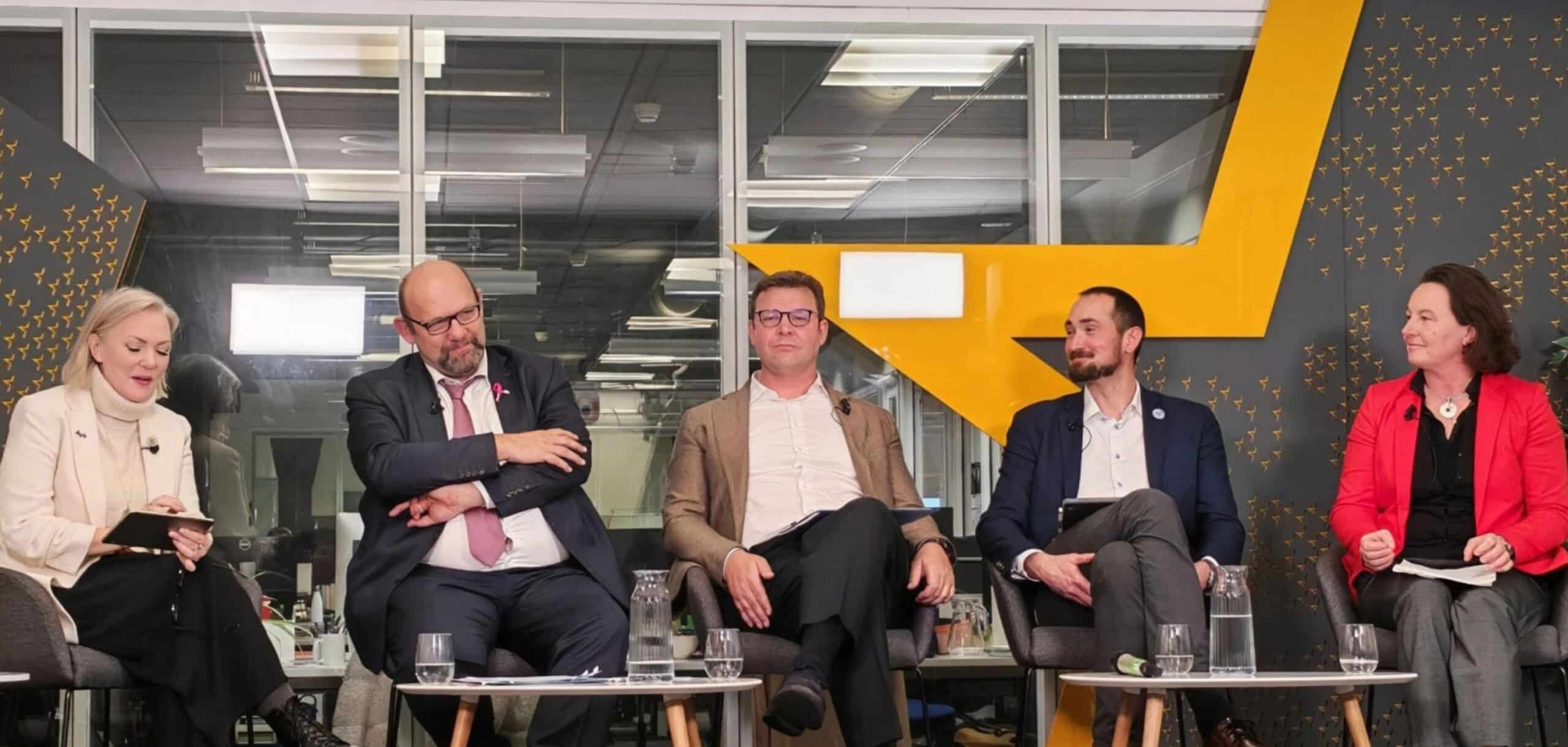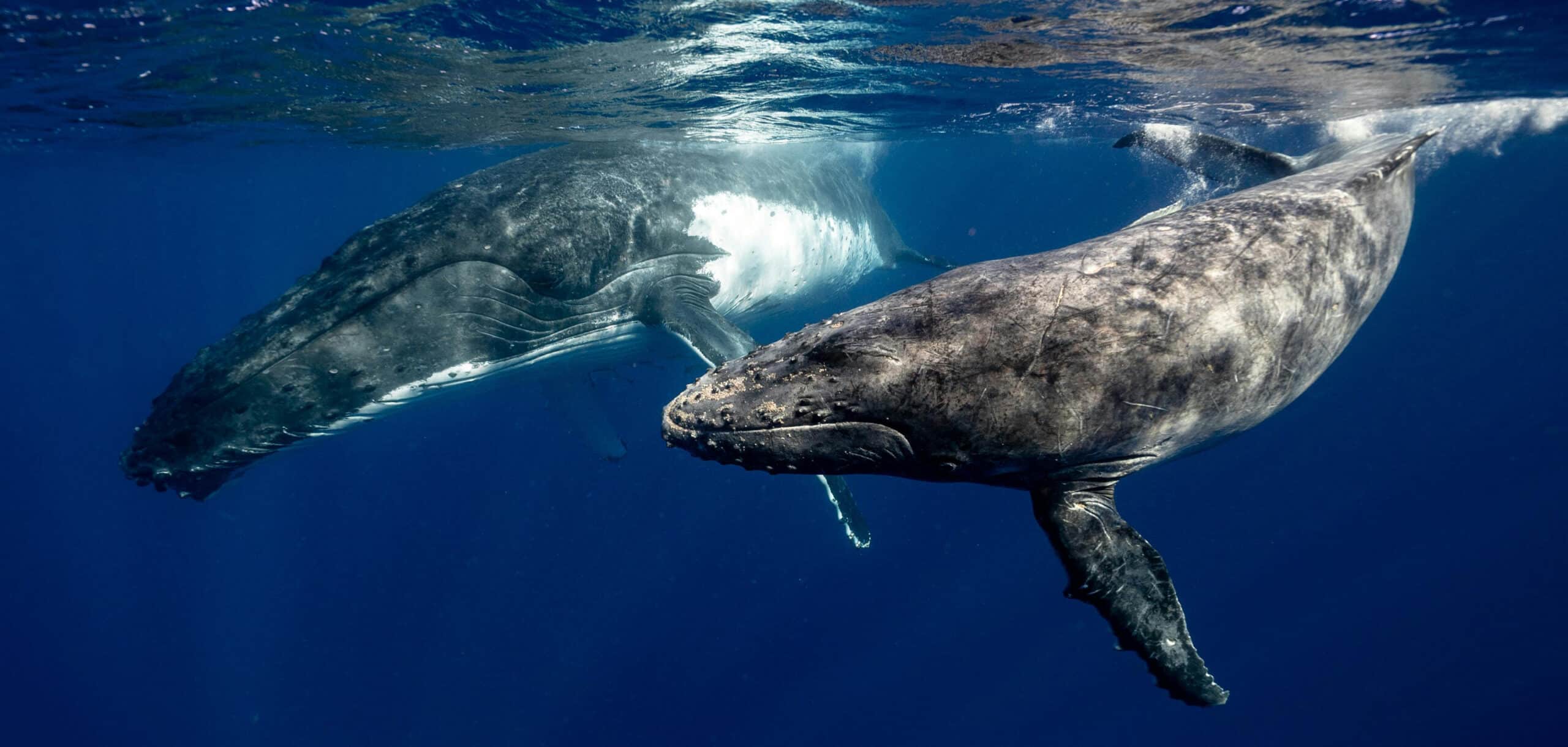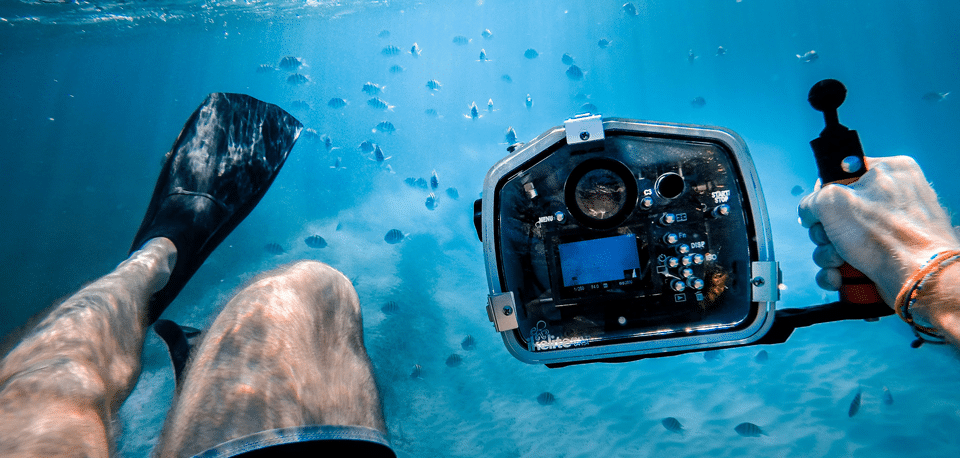The fourth industrial revolution: the rise of marine data
In this piece, Mery Piña, Industry Liaison Officer at EMBRC explains why we can’t reach global sustainability goals without science-based decisions, and reflects on what is the essential building block propping up science.
We’re living through the fourth industrial revolution: a time when marine biodiversity data is reshaping our approach to the ocean, and teaching us more than ever before about the world under the sea. This information is used by policymakers as well as industry sectors: energy, fisheries, aquaculture, tourism, biotech, and bioprospecting to name a few.
Industry’s view of the sea is changing. Our private sector partners are increasingly interested in renewable energy, reducing plastic, and offsetting emissions through blue carbon, not to mention the explosion in demand for offshore wind and boost in the use of marine products for food, animal feed, nutraceuticals, and cosmetics. Because everyone benefits from protecting marine ecosystems and using their resources sustainably.
Blue data helps organisations overcome challenges, decrease risks, improve efficiency, and reduce costs. For example, aquaculture sensors provide data to help farmers reduce waste, keep tanks in optimum condition, and minimise disease risk as they work towards a circular model and reduce environmental impact through their processes.
Mery Piña, EMBRC Industries Liaison Officer
Mery Piña is the Industries Liaison Officer at EMBRC (European Marine Biological Resource Centre) in Paris, where she leads efforts to connect marine research with industry, particularly in biotechnology, aquaculture, and the blue economy. She holds a PhD in Microbiology (Université Pierre et Marie Curie, 2011) and a Master’s from HEC Paris in innovation and entrepreneurship.

EMBRC’s vision is to strengthen the connection between academia, policymakers, and industry through data-driven decision-making. Our new industrial engagement strategy will help us achieve this. Facilitating access to technological platforms, biological materials, and blue data empowers government bodies and the private sector to make the best evidence-based decisions.
More and more, scientists don’t just want the answer to a specific biological question – they want new ways of solving these problems. In their quest for answers, our research infrastructure is helping industries push the limits of emerging technologies through co-development and prototype testing.
EMBRC’s vision is to strengthen the connection between academia, policymakers, and industry through data-driven decision-making. Our new industrial engagement strategy will help us achieve this.
We’re also working on a dedicated industrial webpage and new catalogue that will be better tailored for private sector needs – whether they work in aquaculture, bioprospecting, integration and data analysis, or sensors for marine observation tools. We are also working to automate the processing of genomics data and bioinformatics tools to speed up how quickly large and complex datasets can be analysed and made available.
The private sector is a powerful player for change, but they can’t drive meaningful societal change without blue data. Together, we can accelerate progress towards a sustainable blue economy.










